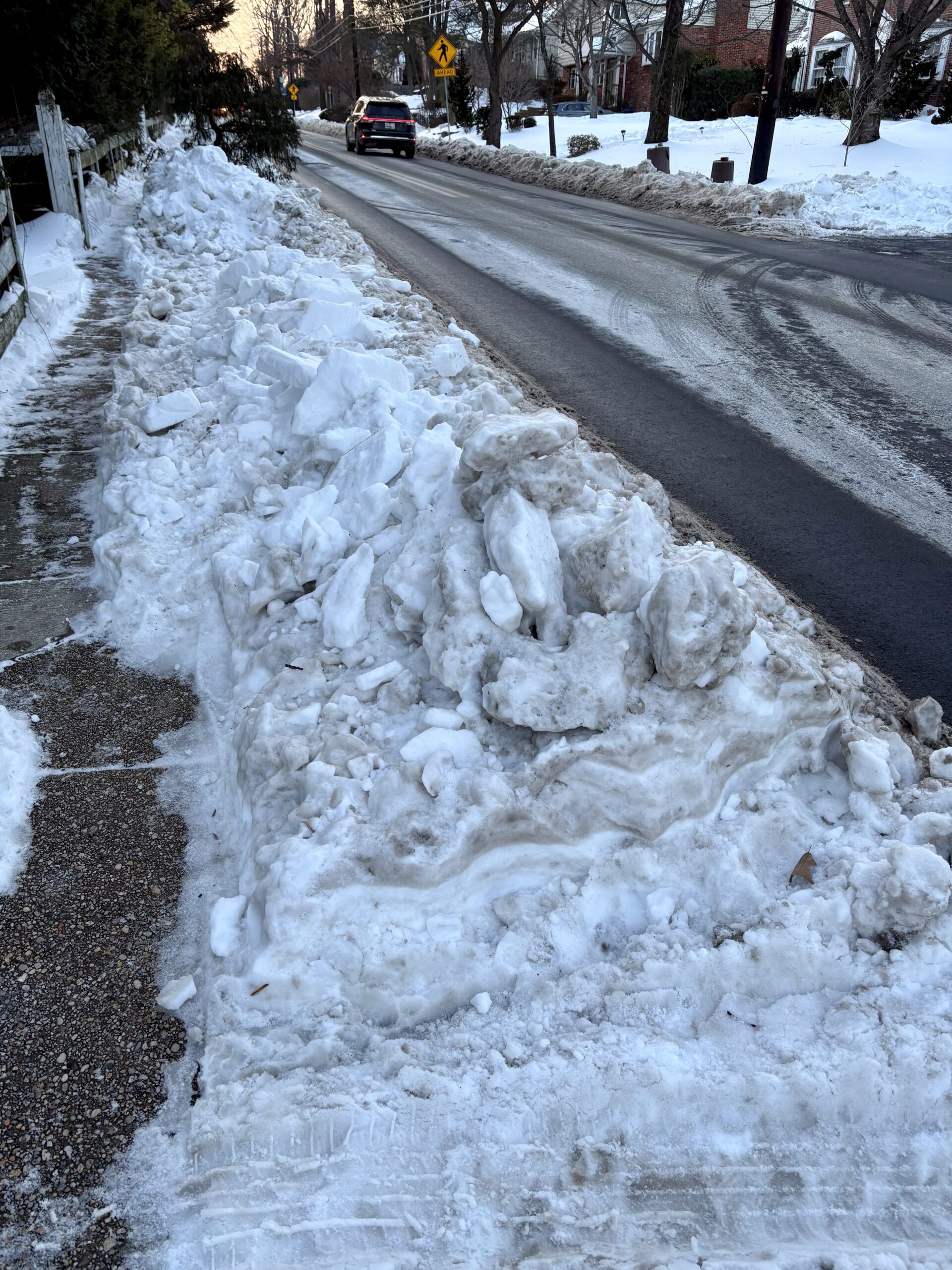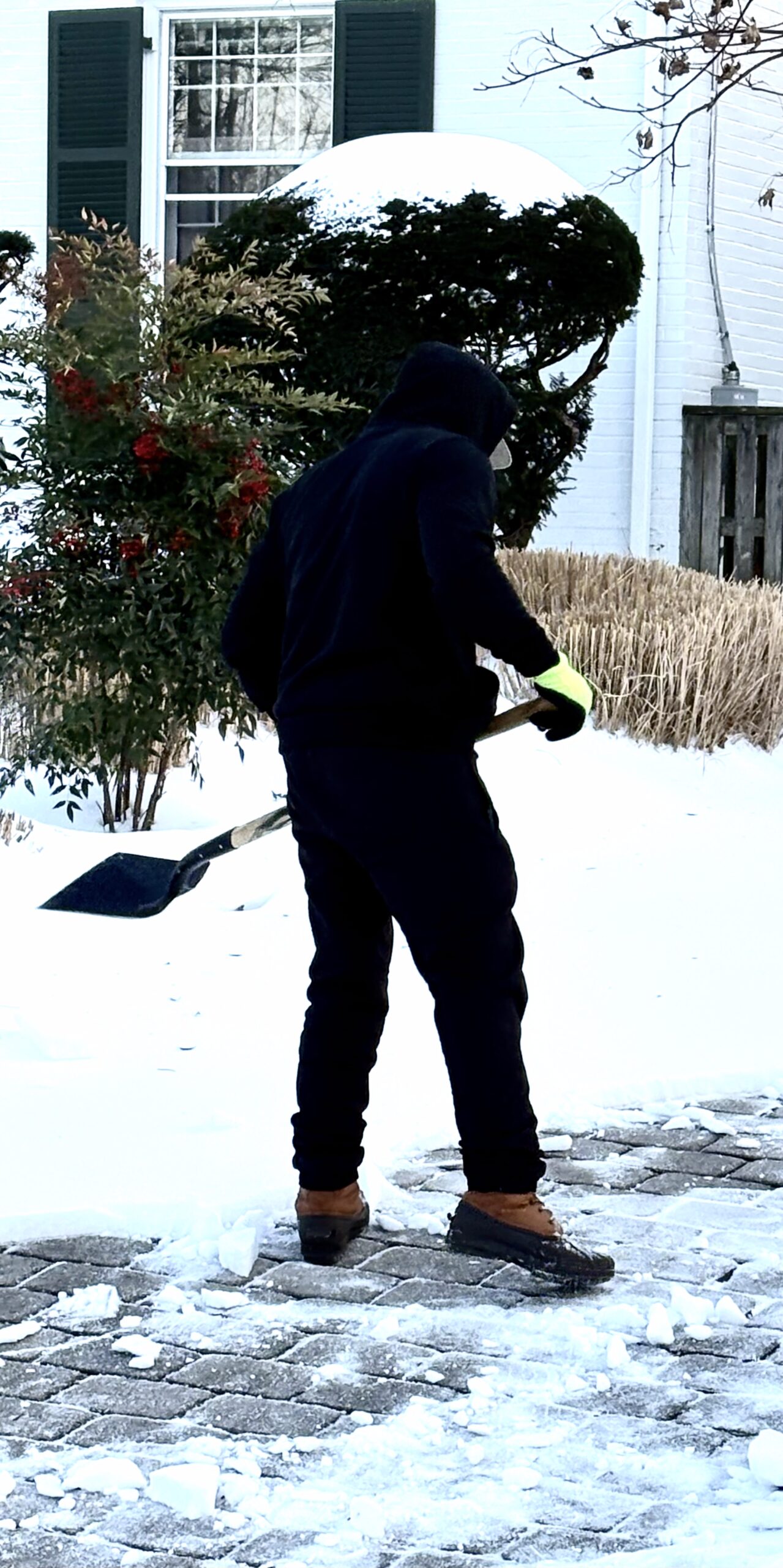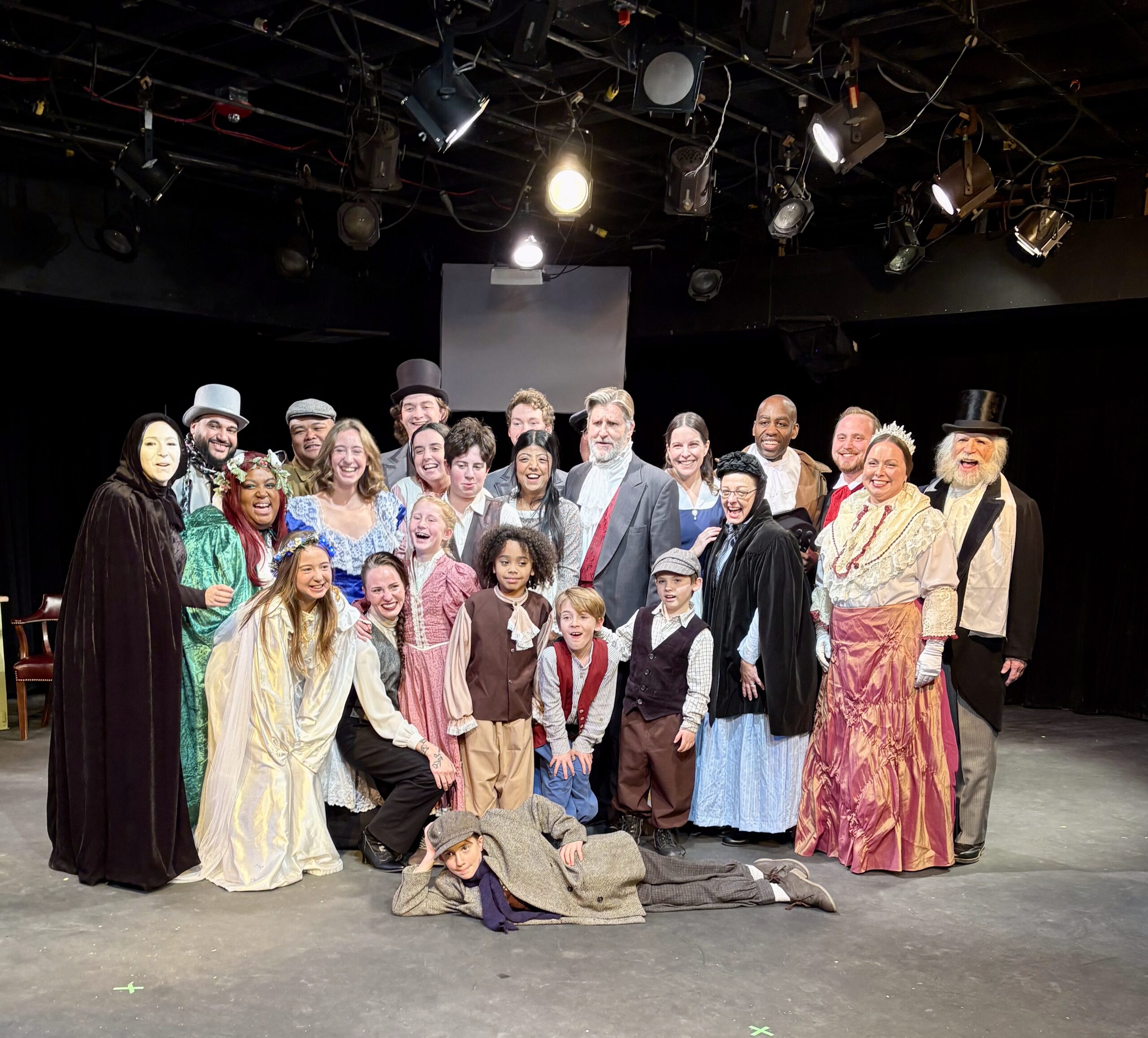Yesterday’s scripture reading was from the Sermon on the Mount. The lesson includes Jesus’s multiple teachings (Beatitudes) beginning with Blessed are the meek. . . Blessed are the poor in spirit….
On the sign in front of the church, the sermon title was Blessed are Those Blowing Whistles.
Individuals are doing more than making noise. People are recording and publishing videos, interviews and pictures of federal troop immigration occupations-and the resulting abuses and cruelties -in towns and cities across the country.
Citizen Journalists
The people have become the press, taking their first amendment rights of freedom of speech seriously. They have used virtual channels and networks to post their stories and pictures. It reminds one of the pamphleteers during the Revolutionary War.
But citizen journalism is not limited to tracking immigration abuses. Individuals are finding ways to raise concerns about their credit unions.
I am a three decade member of XYZ Credit Union. I was shocked by the proposed merger with YYY which was sprung on our community and membership without warning or advance notice.
I attended the annual membership meeting and there was zero mention of this. The Board of Directors has acted in secrecy and this sellout is now presented as a done deal.
These kinds of deep worry are sent to my blog address two or three times per month. Sometimes the opening will begin: As a former employee and long-time member of XXX I am deeply concerned about . . .
These members want to know how to amplify their voice. And that is the first goal of the member-journalist, to make their concerns public and bring transparency to situations.
Several CEO’s even embrace these individual voices. One publishes Net Promoter Score comments in the monthly staff update, but not just the 9 and 10 ratings, also the 4s and 5s which are often complaints about a service, policy or member disappointment.
The credit union press primarily relies on the publicity releases of the industry. Rare are the occasions for member comment except when picked up from a news story. Or very occasionally from member comments opposing mergers.
Both credit union media as well as the public press rarely have the resources to pursue individual cases of self-dealing orworse.
Democracy Requires Speaking Out
In a democracy, and especially in organizations claiming to be governed by their members, they will find ways to speak out. It is the American way. And ultimately it will lead to organized opposition should their concerns be ignored.
With the emergence of local digital media, these stories are now receiving greater coverage. Here is an example from the Baltimore Banner, an online non-profit news source for the greater Baltimore community.
Project Salt Box: How citizen sleuths are monitoring ICE in Maryland
First they unearthed U.S. Immigration and Customs Enforcement contracts for 42,000 ready-to-eat meals coming to Maryland.
Then they built a data map of how the federal Department of Homeland Security was distributing its funding.
Last week, two-month-old Project Salt Box and its seven-person team revealed what some say is a sign that an ICE surge could be coming to the state.
The group, which works to unearth and explain the public documents behind federal immigration enforcement, was the first to report on Tuesday that DHS had purchased a warehouse near Hagerstown. In correspondence with Washington County officials, federal officials described how they could retrofit the space to become an immigration detention facility. . . .
The American citizenry is finding its voice. It will not wait for elections. Rather it will seek to change leaders’ behaviors now.
Credit unions were nurtured in the grassroots of local activism. They found sponsor support to create new collaborative options for their community.
This latent activism is just below the surface. In the transfer of hundreds of millions of member equity and billions of assets to third party control, their voices will rise. And they should.
Blessed are those cooperators who use whistles of words to rouse their fellow members to stand for economic justice for all. Future generations will honor them.












